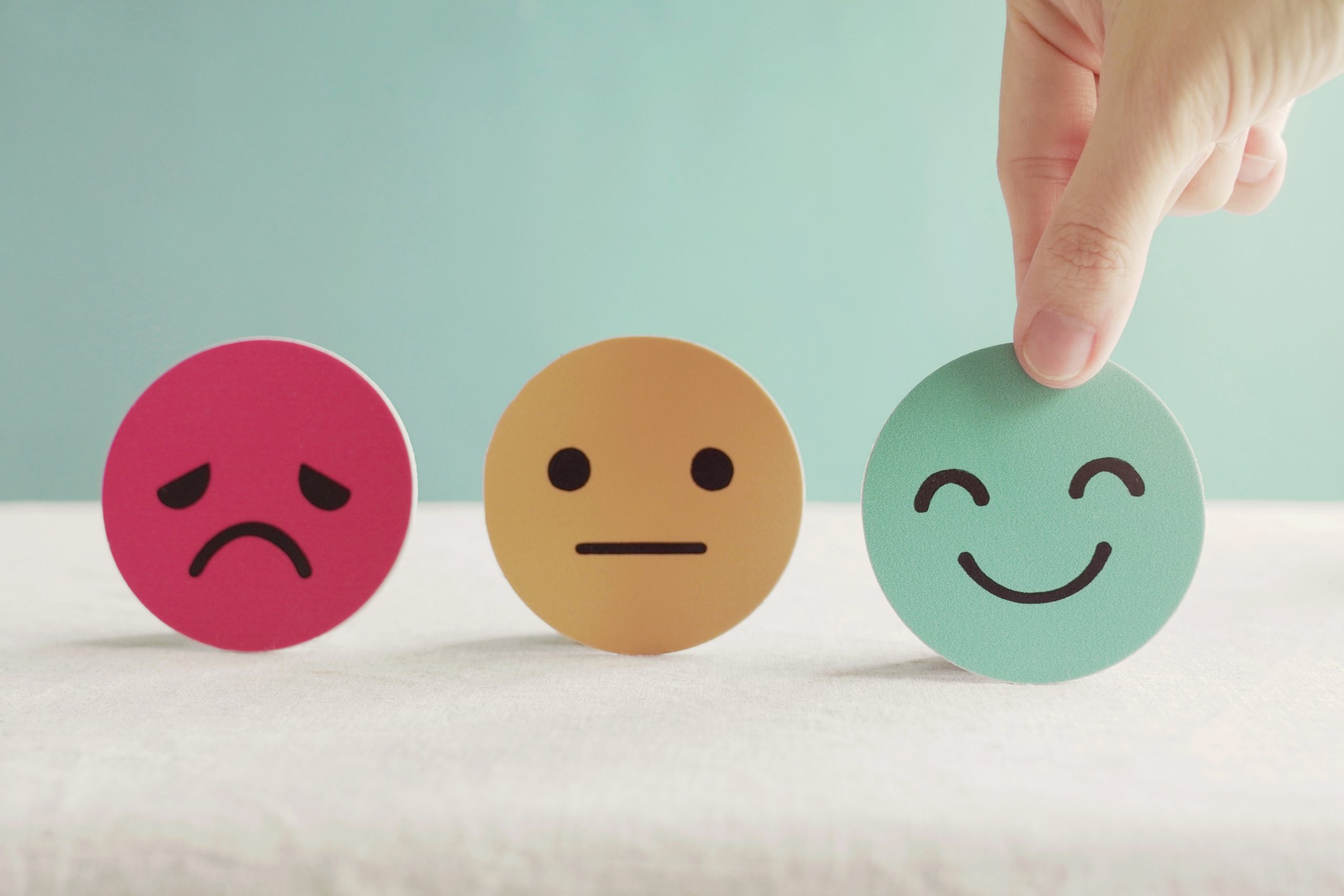When your body sustains a serious injury or diagnosis that threatens your overall health, it takes an obvious toll on your physical being. You may need to change your diet or lifestyle. There could be pain and mobility issues to contend with as well. And if you need physical therapy as a result, this can demand a lot of time, focus, and energy.
But dealing with the physical difficulties of an illness or injury also takes a toll on mental health. The physical stress can cause difficulty sleeping, fatigue, changes in appetite, and anxiety. Patients can feel overwhelmed by uncertainty if they are out of work or are unable to maintain their household duties. Relationships can also start to suffer as a result.
Body and Mind
Physical therapy alone can be a challenging process for both your body and your mental health. That’s why it’s important to find a physical therapist that understands not only what your body needs for rehabilitation, but also how to pay attention to your emotional well-being.
Pain and the general demands of physical therapy are understandably stressful but when a person’s mental health is suffering, this makes their physical recovery even more difficult. A dedicated physical therapist will make sure to take this into consideration when developing your rehabilitation program. This may include changes to your therapy schedule, adjusting the intensity or frequency of certain routines, or adding techniques for stress management into the mix.
Communication is Key
While an experienced physical therapist will be able to tell when your motivation is starting to lag or you’re losing focus, they won’t always know exactly what you’re feeling. This is why the ability to trust and be open with your physical therapist is so important. You should find a physical therapist that makes you feel comfortable enough to let them know when you feel overwhelmed or stressed. It’s also important to share the positive emotions with them, too! Tell them something you’re excited about or an instance where you noticed all of your hard work in physical therapy pay off!
Part of the Process
Emotional ups and downs are all part of the rehabilitation process. Don’t ever feel ashamed about how your injury or illness is affecting your mental health. Reach out before you get too overwhelmed and it impedes your progress. Let your physical therapist know and contact a mental health care provider for additional resources to help you manage. Remember: you are not alone in this journey!
